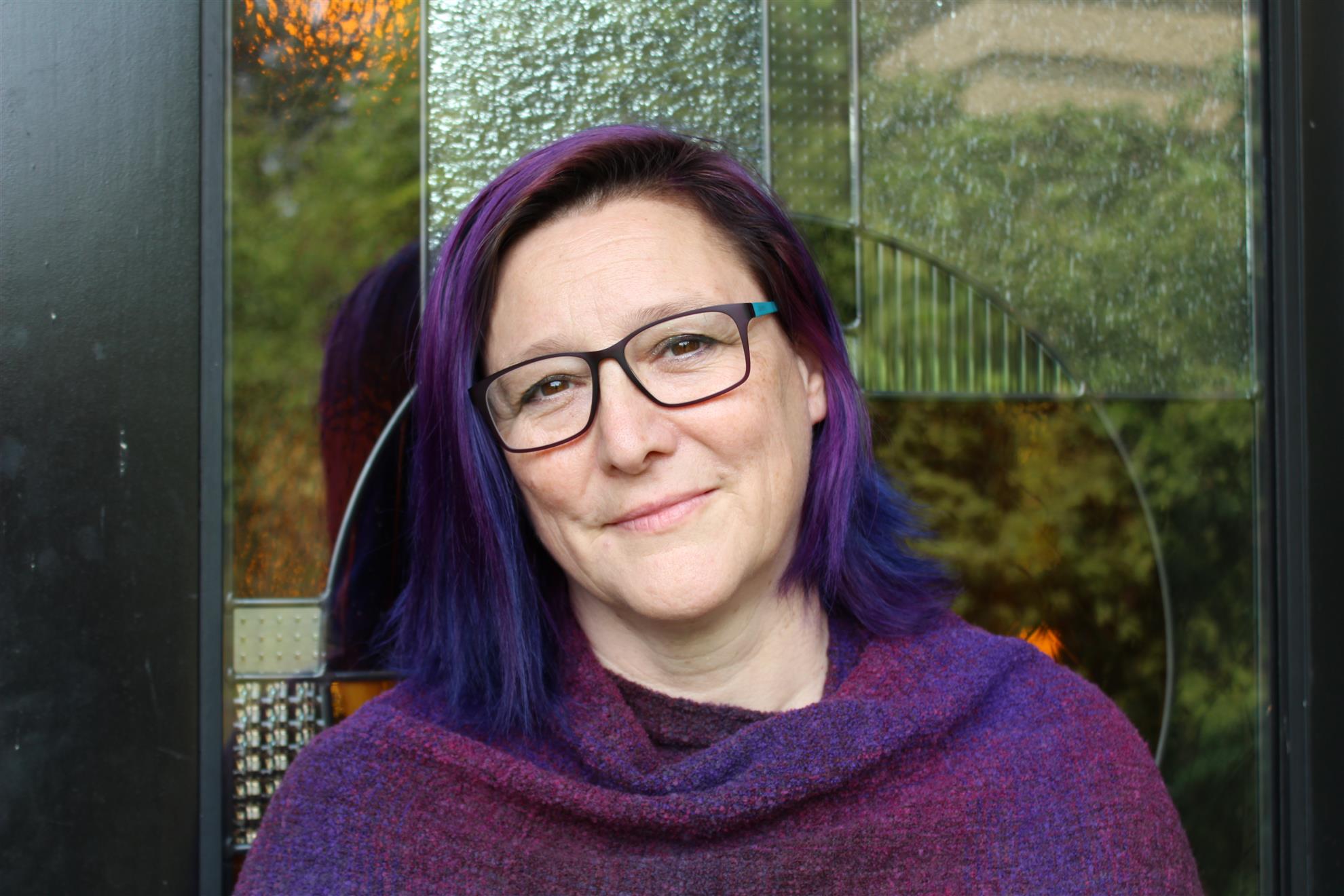Covid, Conflict and Community

Sharon Sutherland
Director of Strategic Innovation
Mediation BC
Sharon has worked in the field of conflict resolution and mediation for the past twenty years. A lawyer and a former UBC law professor, she has led hundreds of mediation sessions in various fields from housing to child protection. In her career she has developed a number of programmes in the field and has trained many of the province's mediators. With an avid interest in theatre she often makes use of drama in her practice. A resident of Tsawwassen Sharon joined us from a vacation spot in Ontario.
When Covid struck and the lockdown began the volunteers at Mediate BC braced themselves for an increase in demand for their services . Conflicts between roommates, tenants and landlords, families and disputes within workplaces rose as expected. As time went on they noticed that they were also receiving calls from sports groups, volunteer organizations and non-profits. All of these groups come together because the individuals share the same expectations; yet they found themselves more and more in conflict. Some of this had to do with the lack of control or the differing levels of intolerance for change as health directives seemed to be changing weekly. As well, regular contact and direct communication became difficult: zoom is limiting and its fatigue is real.
Sharon spoke about conflict as inevitable when human beings get together in good times and bad. Using the Thomas-Kilman model she spoke of the five major styles in dealing with conflict; collaboration, competition, avoidance, accommodation and compromise. Canadians are known to lean towards the accommodation mode tending to give in and go along. By taking this approach however we let things fester until it is no longer tolerable and this is often the time that Sharon and her group get called. To avoid reaching this level she suggests that we can take on a more effective approach to disputes including:
. recognizing that conflict occurs in all groups
. starting to deal with it early before a crisis hits
. asking questions
. trying to clarify the issue
. shifting the dynamic ie a different meeting place
. bringing others into the conversation
. trying different ways of conversing
Sharon concluded by re-emphasizing that because people share the same goals and values they find it difficult to accept that they can also be in conflict with one another. After answering a number of questions she was thanked by Laura Dixon for her presentation that provided us with an opportunity to reflect and remind ourselves that collaboration is often the key to conflict resolution.